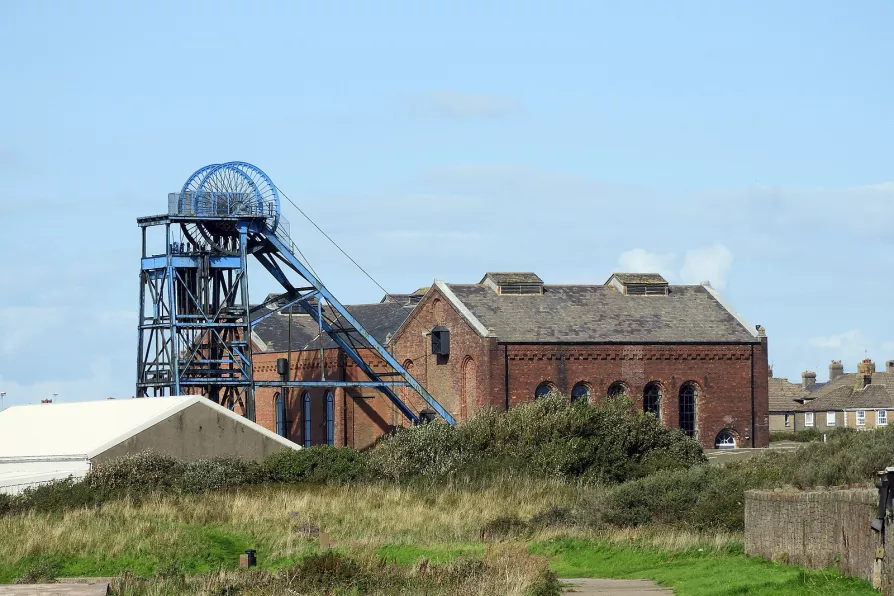RICHARD BURGON MP speaks to Ben Chacko about the Labour right’s complicity in the Mandelson scandal and the need for a total break with Starmerism if the party is to defeat Reform

 The old Haig Colliery pictured in 2018
[Reading Tom / Creative Commons]
The old Haig Colliery pictured in 2018
[Reading Tom / Creative Commons]
ALTHOUGH the decision has sparked a new round of debate, the National Union of Mineworkers (NUM) welcomes the decision, for the second time, to grant planning permission to open the former Haig Colliery in Cumbria.
The controversy centres on the signal that this decision sends to the rest of the world about Britain’s commitment to combatting climate change by opening up a new coalmine while advocating that other countries close theirs — and of course, the actual carbon emissions the mine might produce.
There is no shortage of experts in the field of climate change who can back up their theories with statistical data on a specific issue such as this. While some have taken a politically green position against the mine in an ideological stance against climate change, others have taken a more practical approach.

The Communist Party of Britain’s Congress last month debated a resolution on ending opposition to all nuclear power in light of technological advances and the climate crisis. RICHARD HEBBERT explains why













